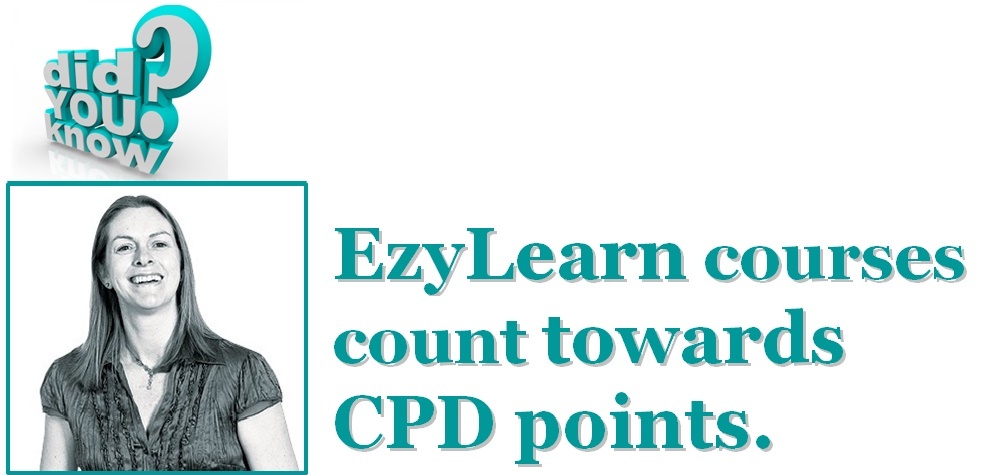
In a previous post we wrote about business bank accounts. Some banks, even though they offer business accounts, aren’t actually all that business friendly, and this can sometimes add hours to your bookkeeping and reconciliation processes.
Not all Business Accounts are Created Equal
If you’re starting a new business and going to open a business account, we recommend you do your research and shop around, because not all accounts are the same.
Some business accounts integrate nicely with your accounting software, while others, like a Bank of Queensland account, for example, does not because they transferred their credit card service to Citibank, preventing integration with the Banklink feature of MYOB.
Other business accounts don’t allow businesses to have a Visa or MasterCard debit card attached to their business account and only allow businesses to make online purchases using their own money.
Business owners can only use a linked credit card to make online purchases or a separate debit card. Either option still results in additional journal entries in your accounting software.
End of Financial Year – Best Time to Get Business Friendly
If you’ve been battling with your current bank, now that we’re approaching the end of the 2013/14 financial year, it might be the time to consider moving your accounts elsewhere so you can start afresh come July 1.
Or perhaps it’s not your bank that’s playing havoc with your bookkeeping – perhaps it’s your bookkeeping software. As we approach a new financial year, it might be a good time to consider switching your account keeping software to MYOB, or something simpler, like Xero (we have written in the past comparing the two).
***
At EzyLearn, we provide a range of training courses for a number of different accounting programs from the basic Reach Accounting to the more sophisticated MYOB. For more information on our training courses, visit our website.


























